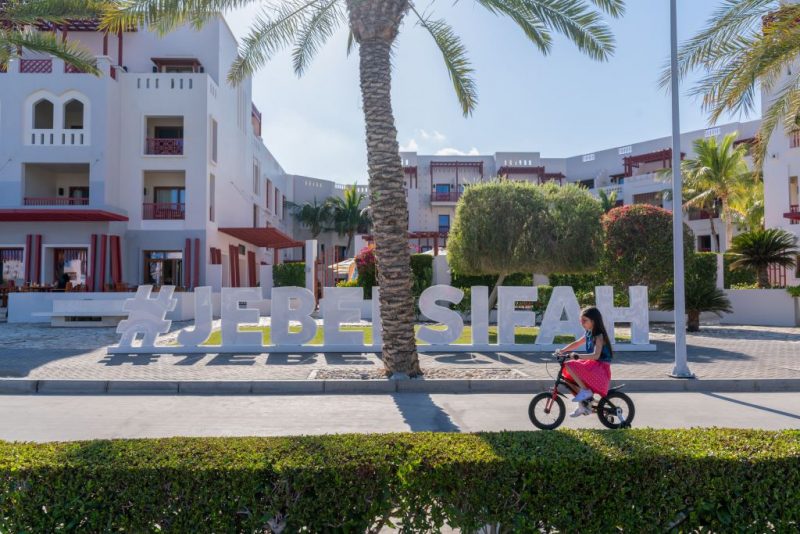Sifawy Hotel has received the globally recognized Green Key certification. This distinguished award showcases the hotel’s persistent dedication to environmental stewardship and sustainable tourism practices.
About Green Key
Over 3,200 tourism properties worldwide with 60 participating countries obtained the international eco-label called Green Key. The Foundation for Environmental Education (FEE) runs this program which sets exacting environmental standards to drive sustainable tourism growth and promote ongoing development through its program.
Running an establishment with the Green Key certification makes it one of the top eco-labels in global tourism. Participating hotels receive the prestigious Green Key certification after reaching environmental benchmarks and performing excellently in the protection of energy use and water resources and waste management alongside their duty to engage with local communities.
Sifawy Hotel achieved recognition through its persistent efforts to merge premier facilities with environmental sustainability initiatives to preserve Oman’s natural beauty.
A Vision for Sustainable Luxury
Since its founding, Sifawy Hotel has become a popular choice for visitors due to its remarkable construction and peaceful atmosphere, which provides amazing vistas of the Gulf of Oman coast. Through its Green Key certification, the hotel exhibits its position as an environmental leader in tourism, demonstrating that luxury and sustainability can operate together.
“We are incredibly proud to be a part of this green journey. The Green Key certification for Sifawy Boutique Hotel showcases our dedication to leading the hospitality industry into a more sustainable future,” said Renée Nicole Wagner, Corporate Director of ESG & Quality Management at OHM.
Pioneering Eco-Friendly Practices
To earn the Green Key certification, Sifawy Hotel implemented a series of innovative and impactful sustainability initiatives. These include:
1. Energy Conservation: The hotel has adopted energy-efficient technologies, including LED lighting, smart climate control systems, and renewable energy solutions, to minimize its carbon footprint.
2. Water Stewardship: Advanced water-saving measures, such as low-flow fixtures, rainwater harvesting, and wastewater treatment systems, have been integrated to reduce water consumption.
3. Waste Reduction: Sifawy Hotel has established a comprehensive waste management program, emphasizing recycling, composting, and the reduction of single-use plastics.
4. Sustainable Sourcing: The hotel prioritizes locally sourced, organic, and eco-friendly products, supporting local farmers and reducing the environmental impact of transportation.
5. Guest Involvement: Through educational programs and interactive initiatives, Sifawy Hotel encourages guests to participate in its sustainability efforts, fostering a culture of environmental awareness.
Setting a Benchmark for Sustainable Tourism
The Green Key certification shows how Sifawy Hotel leads the hospitality sector in environmental standards that extend beyond the country’s borders to other industry establishments. The sustainable approach taken by Sifawy Hotel proves that luxurious hospitality establishments can remain eco-friendly and deliver remarkable service quality to their guests.
“We are proud to be part of a destination that values sustainability as highly as we do,” said Wagner. “This certification is just one step in our long-term strategy to enhance our environmental efforts while ensuring the highest standard of luxury for our guests.”
A Greener Future
Sifawy Hotel remains dedicated to its sustainability initiatives by pursuing additional opportunities for enhancing performance while inspiring environmental transformations under its Green Key certification path. Staying at this hotel now means you support an establishment that understands the importance of both guest comfort and environmental health.






